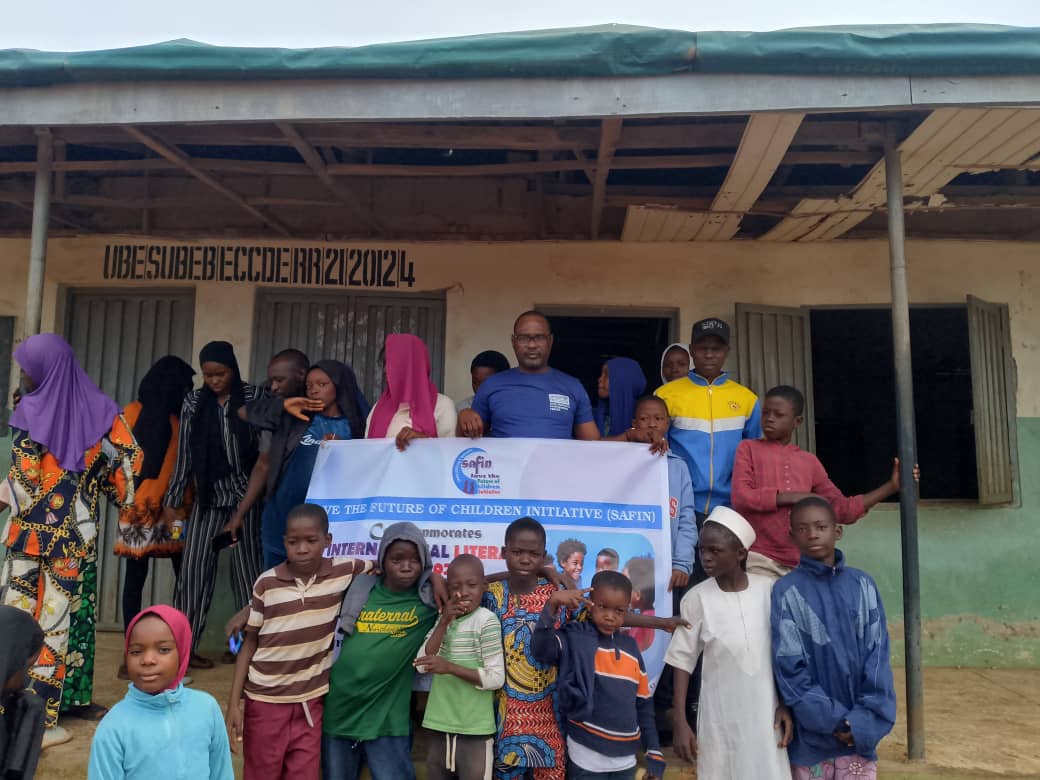The Save the Future of Children Initiative (SAFIN) has called on the Federal Government to scale up investment in education as Nigeria joins the rest of the world to commemorate International Literacy Day 2025.
In a statement issued in Ilorin by its Chief Executive Officer, Oyedeji Olufemi, the organisation expressed concern that despite years of effort to expand access to learning, more than 97 million Nigerians still cannot read and write.
With the nation’s literacy rate currently at 61 percent, SAFIN stressed the need for deliberate action to raise the figure to 90 percent by 2030, in line with global standards.
Olufemi described the chronic underfunding of education as one of the greatest obstacles to achieving this goal.
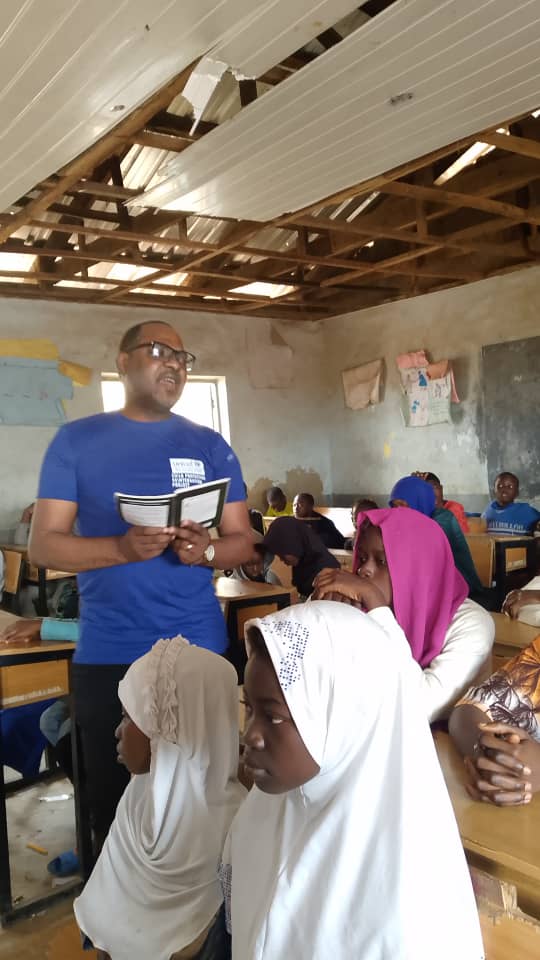
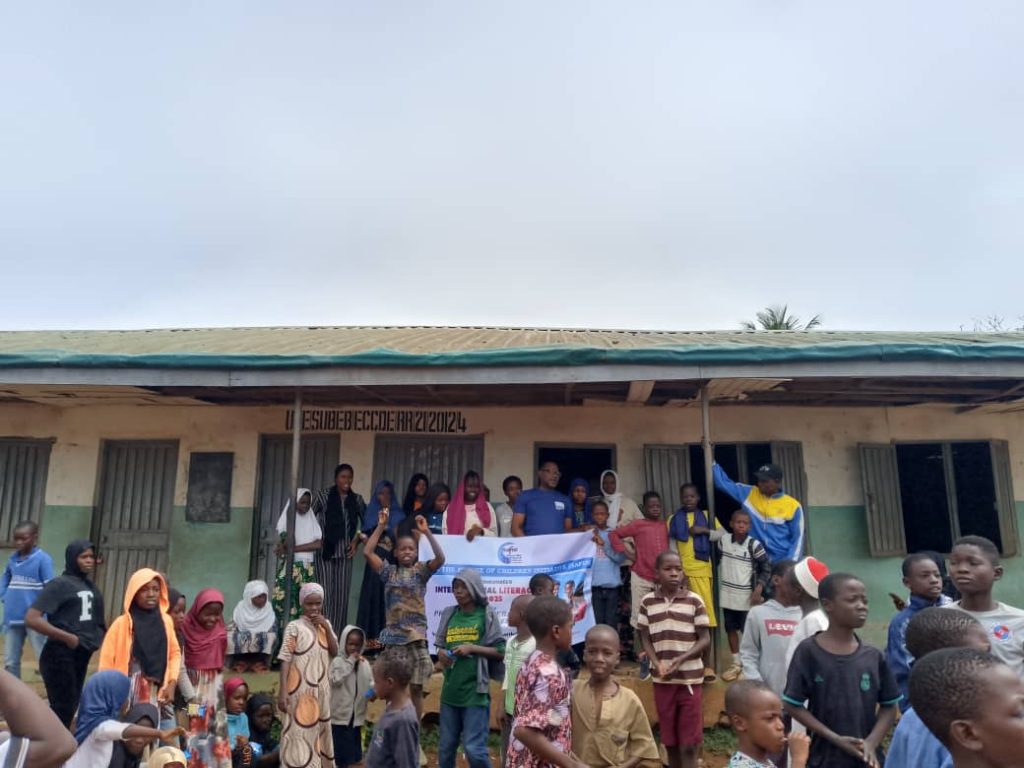
He noted that Nigeria presently spends only about seven percent of its national budget on education, far below the global benchmark, and warned that the country must increase this to at least 20 percent in the next five years if meaningful change is to be achieved.
He further lamented that over 15 million Nigerian children remain out of school or lack access to quality basic education, a situation he said undermines the country’s development and weakens efforts to achieve the Sustainable Development Goals, particularly Goal 4 which focuses on inclusive and equitable quality education for lifelong learning.
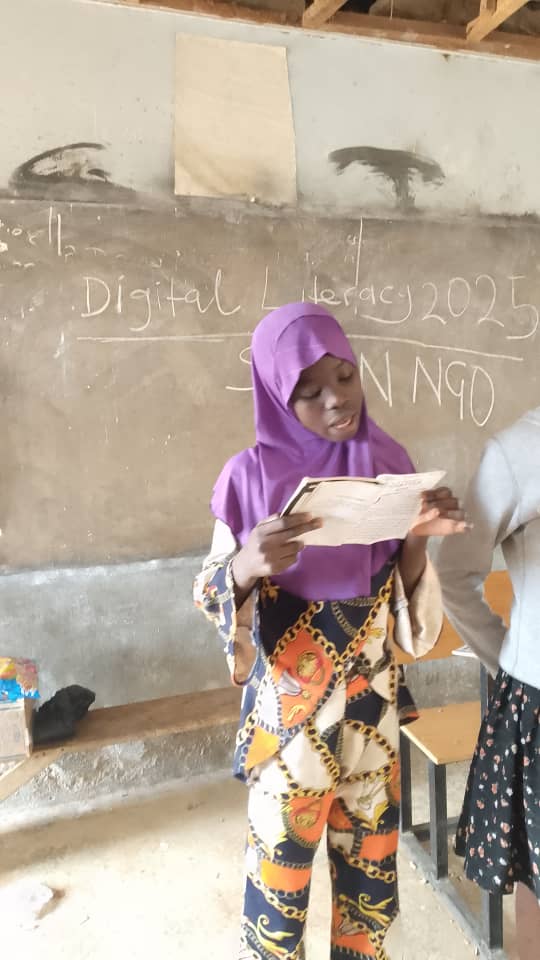
Speaking on this year’s theme, “Promoting Literacy in the Digital Era,” the SAFIN chief said the world is moving into an age where opportunities and survival are deeply linked to technology, stressing that literacy must now extend beyond reading and writing to include digital skills, values and mentorship that will prepare children for responsible adulthood.
Olufemi emphasised that literacy is the foundation of education and civilization, and without it, innovation, informed citizenship and national development would remain elusive.
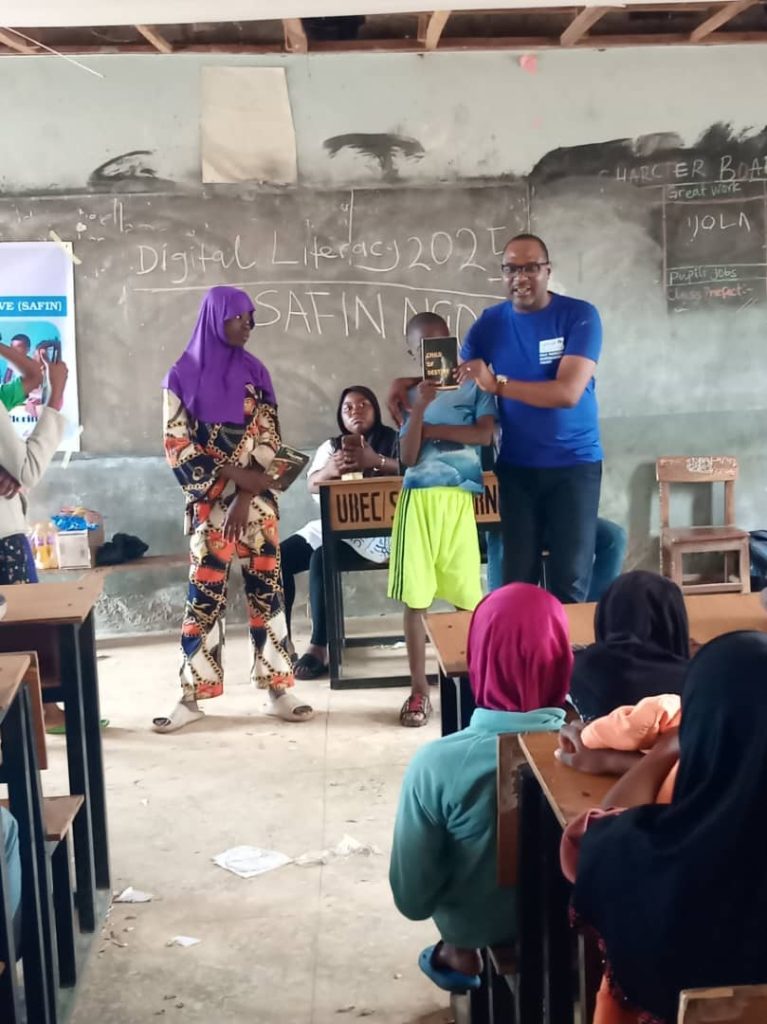
He maintained that every child has the right to learn in a safe and conducive environment, urging the government to commit to bridging the digital divide in schools, particularly in rural communities.
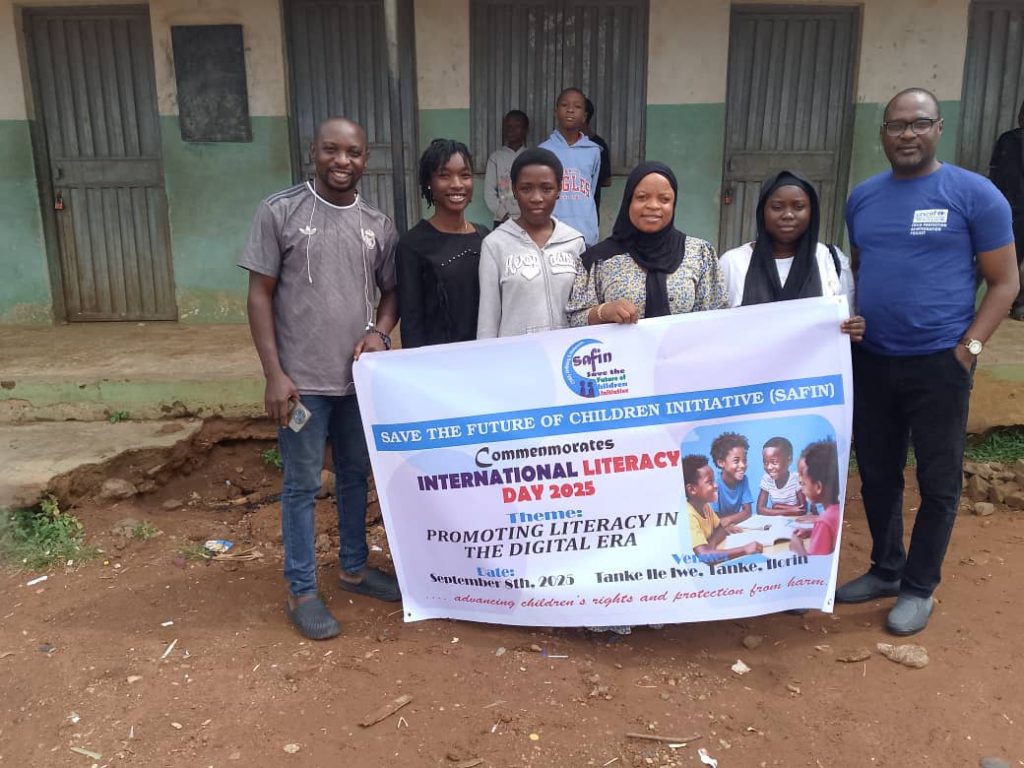
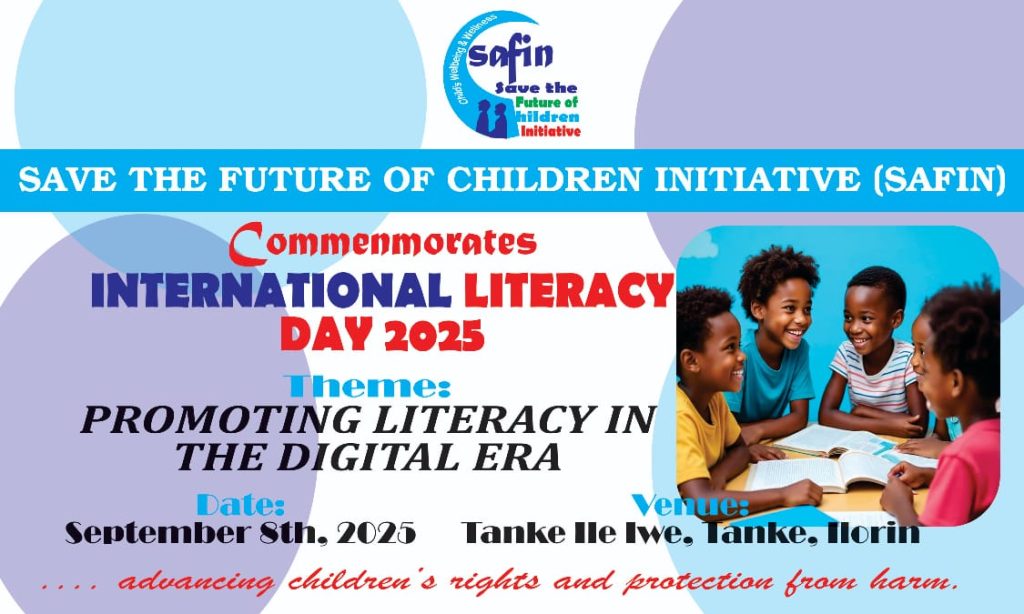
He concluded by reminding policymakers that investing in literacy today is tantamount to investing in Nigeria’s future, adding that the nation’s destiny depends on how well it equips its children with the tools to dream, to learn and to thrive.
Download the full statement:
